What happened in Lisbon: site visits to discover a rich local network!
Edited on
02 October 2018During the Lisbon meeting, our friends from Rede DLBC Lisboa prepared for us all a very interesting program of site visits, able to touch all the different topics that the Interactive Cities are facing, from the point of view of digital communication.
The cities divided into three groups of interest and met many of the partners which are cooperating with Rede DLBC and with the Municipality.
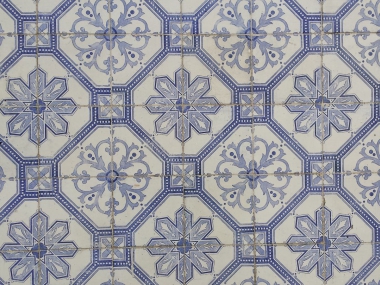
Business promotion:
The first group went to visit some economic development projects. The tour began at the Mercado Ribeira, consisting of two market halls that were regenerated in partnership with the Time Out Magazine. One part of the market has been turned into a food court, with many small restaurants and bars; this area also supports financially the other market hall, that remains a traditional food market. In the space above the market, the co-working and incubator space Second Home has been installed, hosting up to 250 people and giving access to many startups to venture capital funds and to trainings.
The group then visited StartupLisboa, a startup incubator created by InvestLisboa, a municipal company, and funded by the city’s participatory budget mechanism, accommodating local and international start-ups selected through an application process. The tour ended with a presentation by Rui Coelho, director of InvestLisboa, presenting the company’s strategy to attract investment in various economic areas of the city.
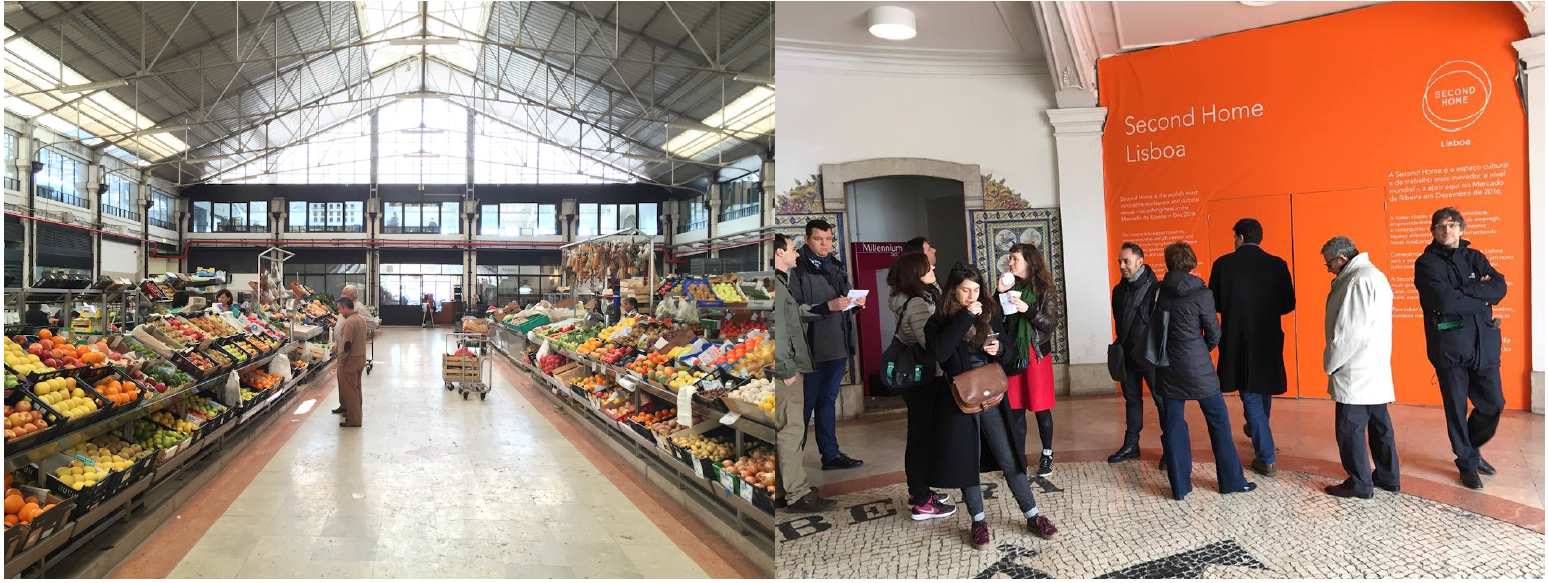
Sustainable tourism:
The second group visited the Mouraria, an ancient neighborhood of Lisbon’s historical centre. The area has witnessed significant transformation in the past years, turning from an unsafe, crime-ridden district into a gentrified and increasingly touristified zone. The tour visited initiatives that work on promoting sustainable tourism, helping local communities in secure revenue and jobs and in develop new skills with the help of tourism.
Renovar Mouraria, for instance, organises alternative tourist walks and hosts various events that help finance community activities. As a communication agency, Renovar Mouraria gave support to interesting project as the many activities promoted by the Sao Cristovao Parrish to finance restorations of the ancient church (and each donor can leave their message on a roof tile) and to keep alive the community: crowdfunding, art performaces and shows, but also the chance to light up a “digital candle” from abroad!.
The website gives a window to small shops of the neighborhood, both traditional or innovative and creative, allowing them to face the competition with big chains. Along the way, we met the result of another initiative payed by crowdfunding: the creation of murals about Fado, closely connected to the neighbourhood’s heritage, being Mouraria the cradle of Fado.
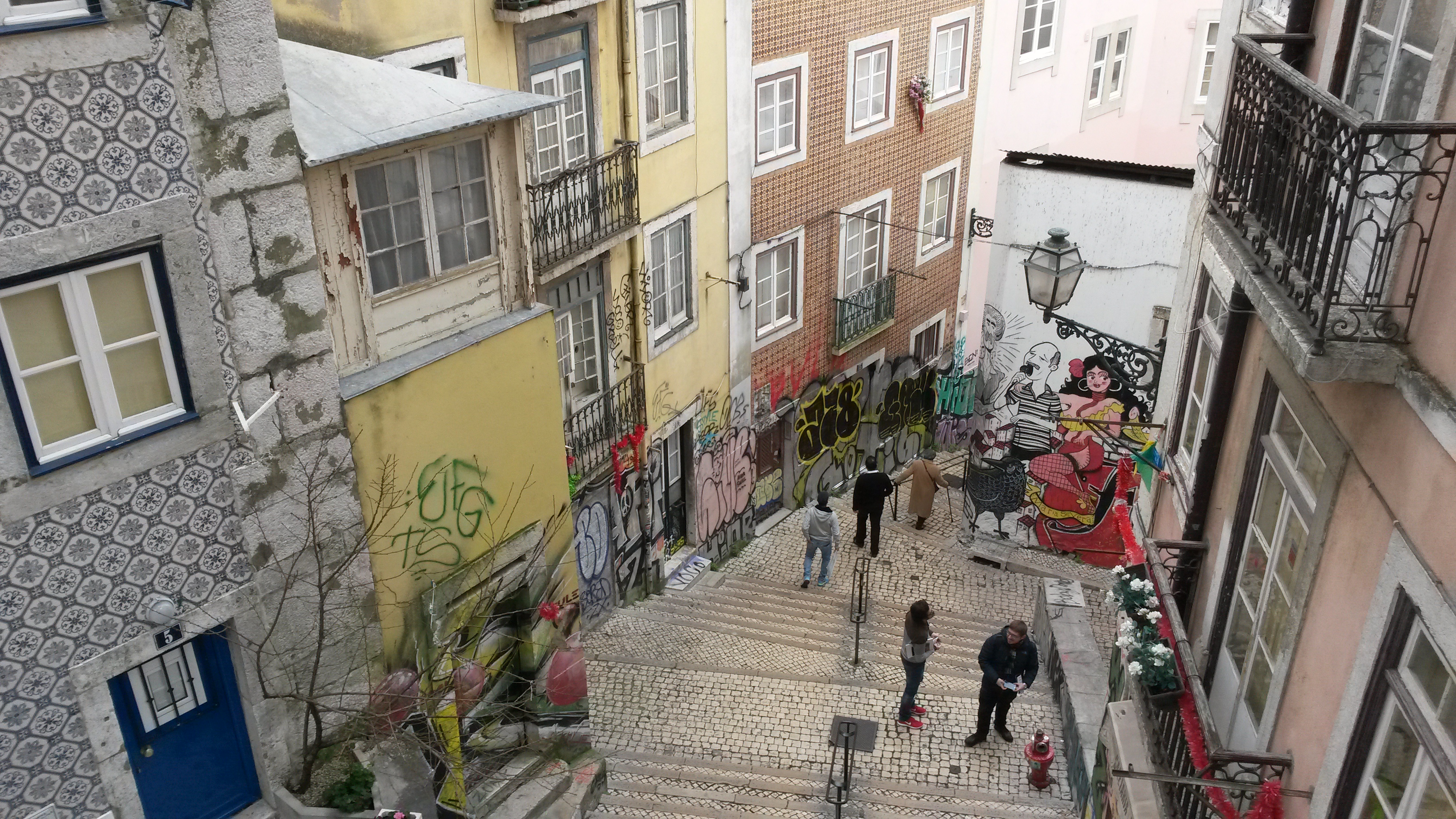 | 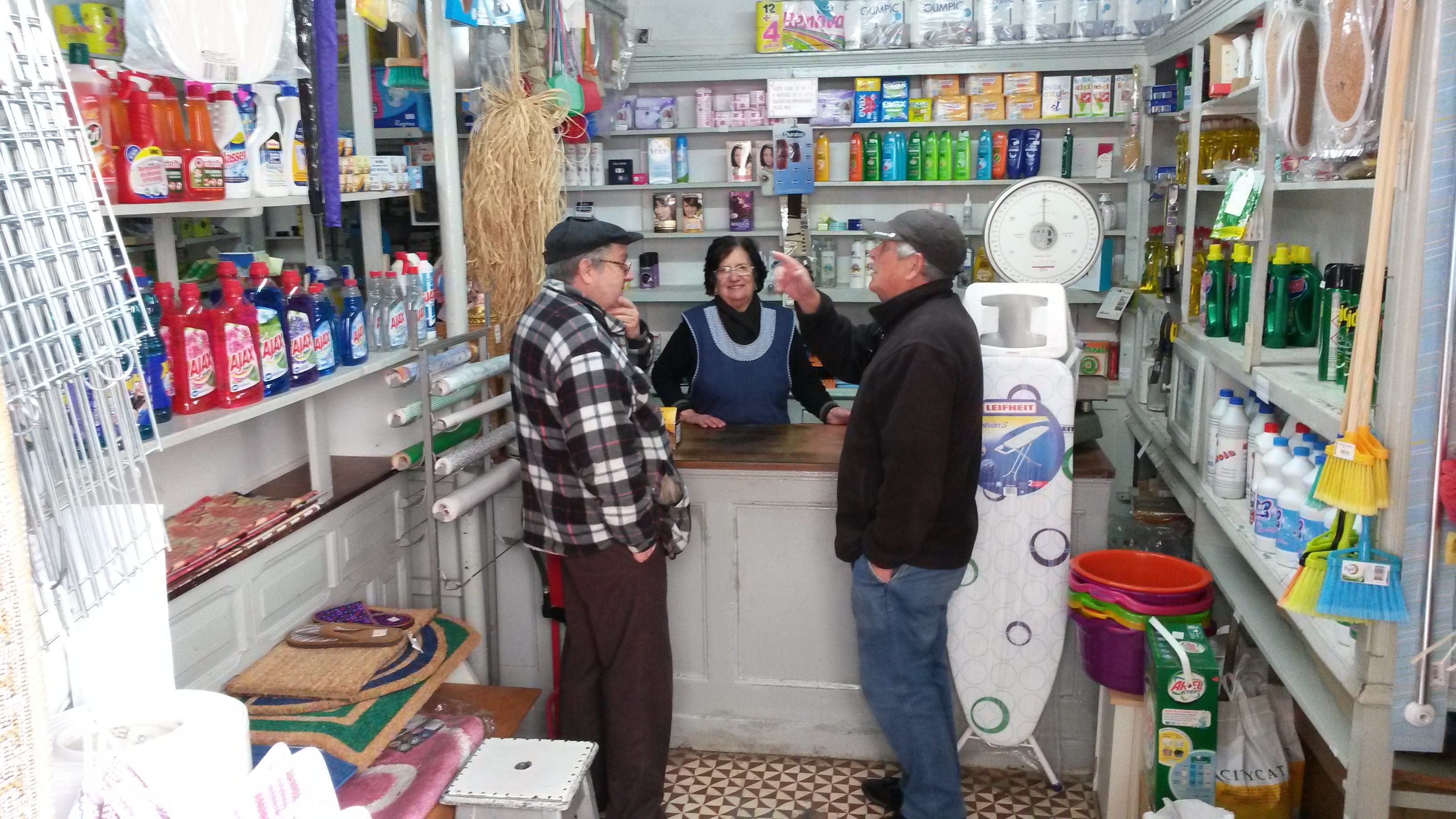 |
Urban Regeneration:
The third tour led to the peripheral district of Marvila: there, the architecture office Ateliermob, helped by the city’s BIP/ZIP funding scheme (as many of the projects indicated above), has opened a heritage building complex and organised a series of workshops and exhibitions to discuss the future of the complex.
The architect Tiago Saraiva, leading the tour, explained the way BIP/ZIP helped also the realisation of other projects in socially, economically and environmentally vulnerable neighbourhoods, with the participation of local initiatives, thus creating the city-wide Community-Led Local Development network.
Besides the site visits, during the whole meeting we had the chance to meet other touristic, cultural and hospitality projects which are part of the Rede DLBC network, and which represent interesting experiences of how social, cultural and revitalization actions can meet tourism, entertainment and businnes; as the Centro Intercultura Cidade, a cultural space managed by an association which reunites the Lisbon communities of 8 different nations; the Cozinha Popular da Mouraria, half way between a community space for the neighborhood and a shared restaurant; the hostel Largo Residencia, and the Renovar Mouraria Cafetaria
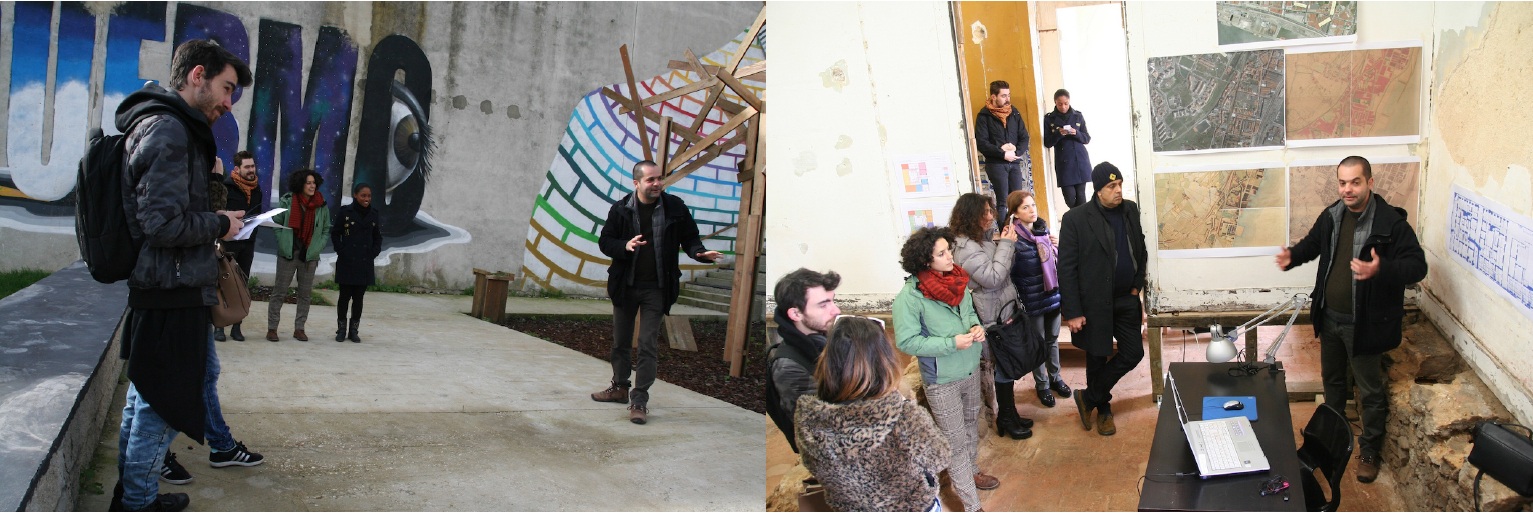
Communication Officer
Municipality of Genoa
Submitted by fvirgilio on
